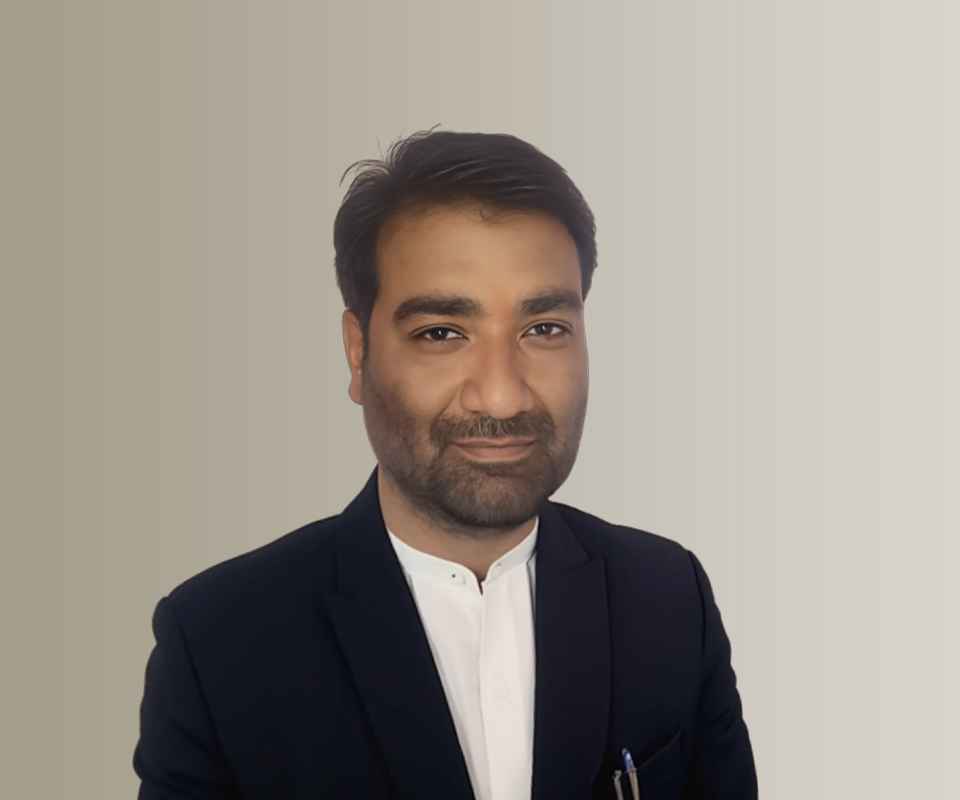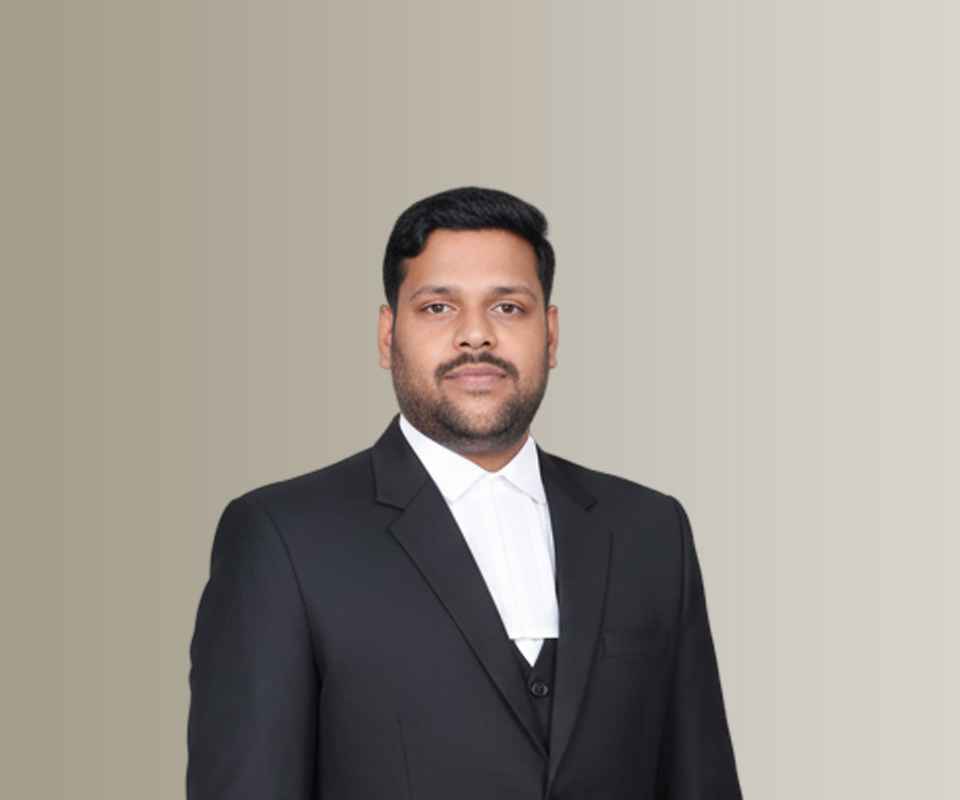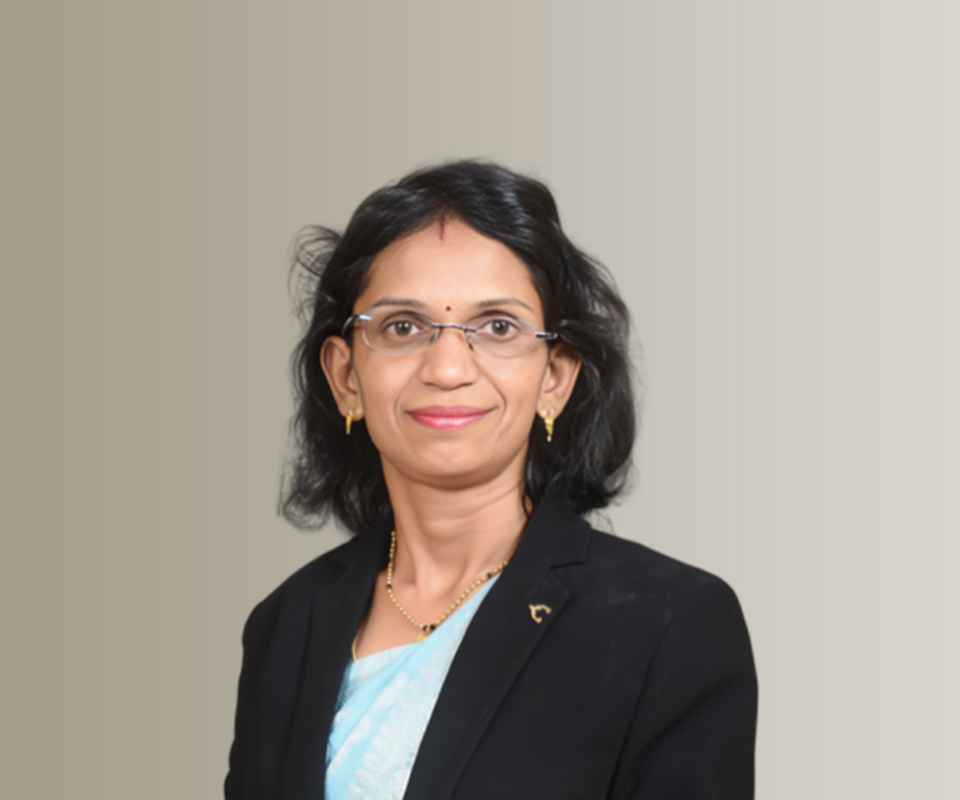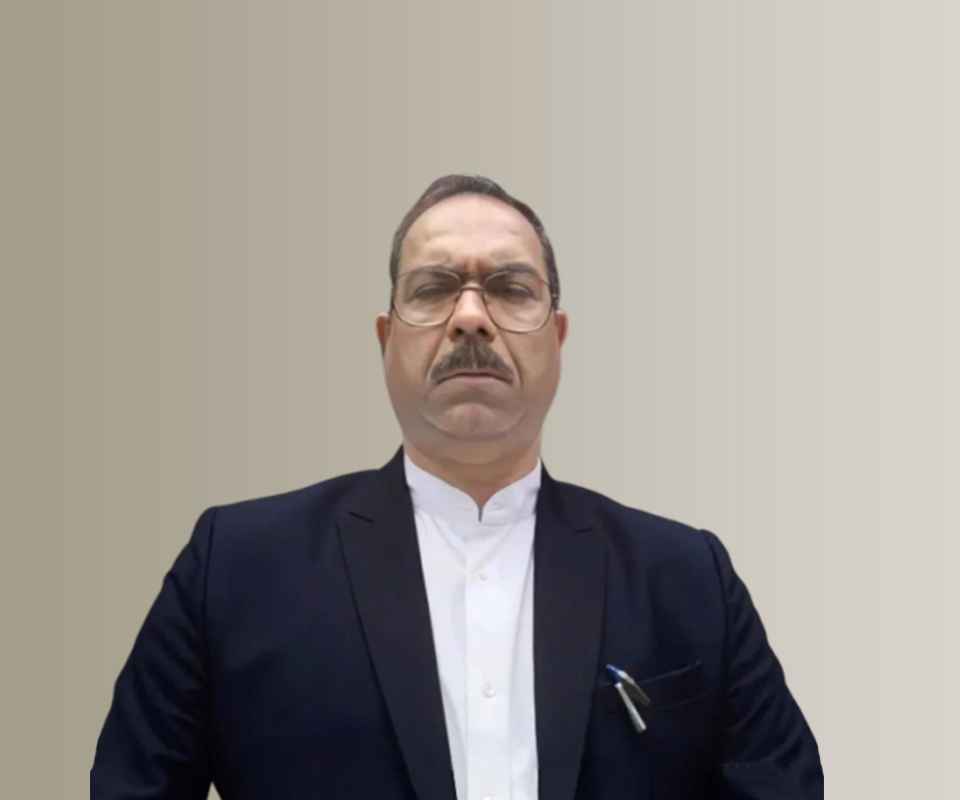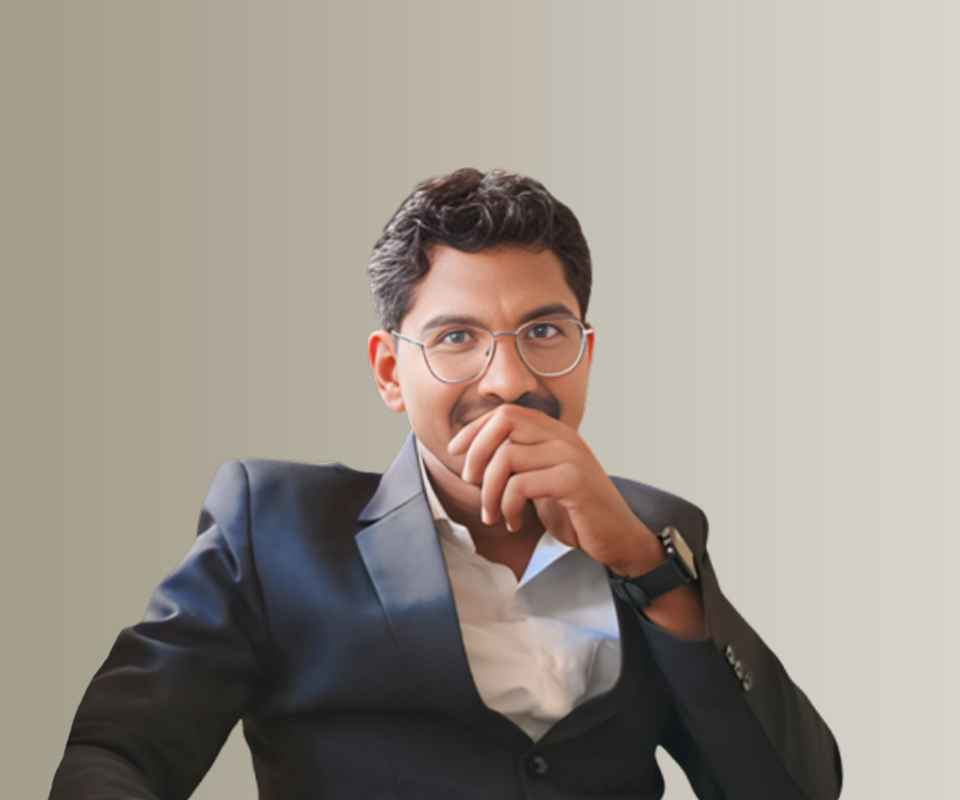Answer By law4u team
A doctor’s medical license is granted based on their qualifications, ethical conduct, and adherence to medical laws. However, this license can be permanently cancelled if the doctor engages in severe professional misconduct, criminal activities, or unethical behavior that compromises patient safety or the medical profession’s integrity. The National Medical Commission (NMC) and State Medical Councils have the authority to revoke a doctor’s license after a thorough investigation and legal process.
Conditions for Cancellation of a Doctor's License:
1. Professional Misconduct:
Serious Breach of Ethics: If a doctor is found guilty of severe professional misconduct, such as fraud, sexual harassment, abuse, or exploitation of patients, their license can be permanently revoked.
Violation of Medical Ethics: Engaging in unethical practices, such as inappropriate relationships with patients, providing substandard care, or performing unnecessary procedures for personal gain, can result in license cancellation.
2. Criminal Convictions:
Conviction for Serious Crimes: A doctor’s license can be cancelled if they are convicted for serious criminal offenses such as fraud, rape, murder, negligent homicide, or drug trafficking. A criminal conviction undermines the trust required for the medical profession.
Conviction under IPC: If the doctor is convicted of a crime under the Indian Penal Code (IPC) that directly or indirectly impacts their professional duties, they may face permanent cancellation of their license.
3. Medical Negligence or Malpractice:
Severe Medical Negligence: A doctor may lose their license permanently if they are found guilty of gross medical negligence resulting in serious injury or death of a patient. This could include misdiagnosis, incorrect treatment, or failure to adhere to proper medical protocols.
Repeated Malpractice: Continuous violations of medical standards or guidelines, despite warnings or suspensions, can lead to a permanent ban from practicing medicine.
4. Impersonating a Medical Professional or Fraudulent Practices:
Practicing Without Qualifications: If a doctor is found impersonating a licensed medical professional or practicing with fraudulent or forged degrees, their medical license can be permanently revoked.
Fraudulent Certifications: Using fake documents or misrepresenting qualifications to gain employment or practice medicine can lead to a permanent cancellation of their license.
5. Substance Abuse or Addiction:
Impairment Due to Substance Abuse: If a doctor is found to be substance-dependent (e.g., abusing drugs or alcohol), and if this addiction affects their ability to practice medicine competently, their license can be permanently revoked.
Inability to Meet Professional Standards: A doctor who cannot perform their duties due to addiction or impairment may face the permanent loss of their license after a review by medical authorities.
6. Failure to Maintain Registration or Qualifications:
Non-Registration or False Registration: If a doctor fails to register with the National Medical Commission (NMC) or State Medical Council, or if they are found practicing without the appropriate qualifications or registration, their license can be cancelled.
Lack of Renewal or Updation: Failing to maintain or renew their medical license or registration could lead to permanent cancellation, especially if the doctor continues to practice illegally.
Process of Medical License Cancellation:
1. Investigation and Complaints:
When a complaint is filed against a doctor regarding misconduct, negligence, or any unethical practice, the State Medical Council or National Medical Commission (NMC) initiates an investigation.
The investigation involves gathering evidence, interviewing witnesses, and reviewing medical records and practices. The council may also consult medical experts to assess whether the doctor violated medical standards.
2. Disciplinary Hearing:
If the allegations are serious, a disciplinary hearing is conducted by the medical council. The doctor is provided an opportunity to present their case and defend themselves against the charges.
If found guilty, the council may impose various penalties, including suspension or cancellation of the doctor’s medical license.
3. Right to Appeal:
If the doctor’s license is cancelled, they have the right to appeal the decision. They can appeal to the higher medical council, the National Medical Commission, or even court if they believe the decision was unjust or premature.
4. Permanent Cancellation of License:
After thorough investigation and a disciplinary process, if the doctor is found guilty of severe misconduct, their license may be permanently revoked, meaning they can no longer practice medicine in India.
Example:
Dr. Y, a well-known surgeon, was found to have been performing unnecessary surgeries for financial gain, which led to the death of a patient. After a formal complaint was filed, the State Medical Council conducted an investigation and found Dr. Y guilty of gross medical negligence and fraudulent behavior. The council imposed a permanent cancellation of Dr. Y’s medical license, barring them from practicing in India. Despite an appeal, the decision was upheld by the National Medical Commission, ensuring Dr. Y could never legally practice medicine again.

